What to remember
The Rule of 10 (What to remember) The amount of information parents/carers are given in regards to what is needed for their child with a disability can be overwhelming. The information below is designed to summarise key orthopaedic information. It is not meant to be an exclusive list. Please do not hesitate to ask for further information from your child’s Physiotherapist/Orthopaedic team.
Maintaining flexibility at the hip, knee and ankle is very important as your child is growing. Any tightness or shortening of muscles will have an impact on their ability to participate in activities. Preventing muscle shortening from happening in the first place is much easier than trying to treat any issues muscle shortening is present.
Ensuring your child maintains flexibility as they are growing will help significantly decrease the chance of muscle tightness impacting on their functional abilities.
An easy way to remember what is needed is “The Rule Of 10". It looks like this:
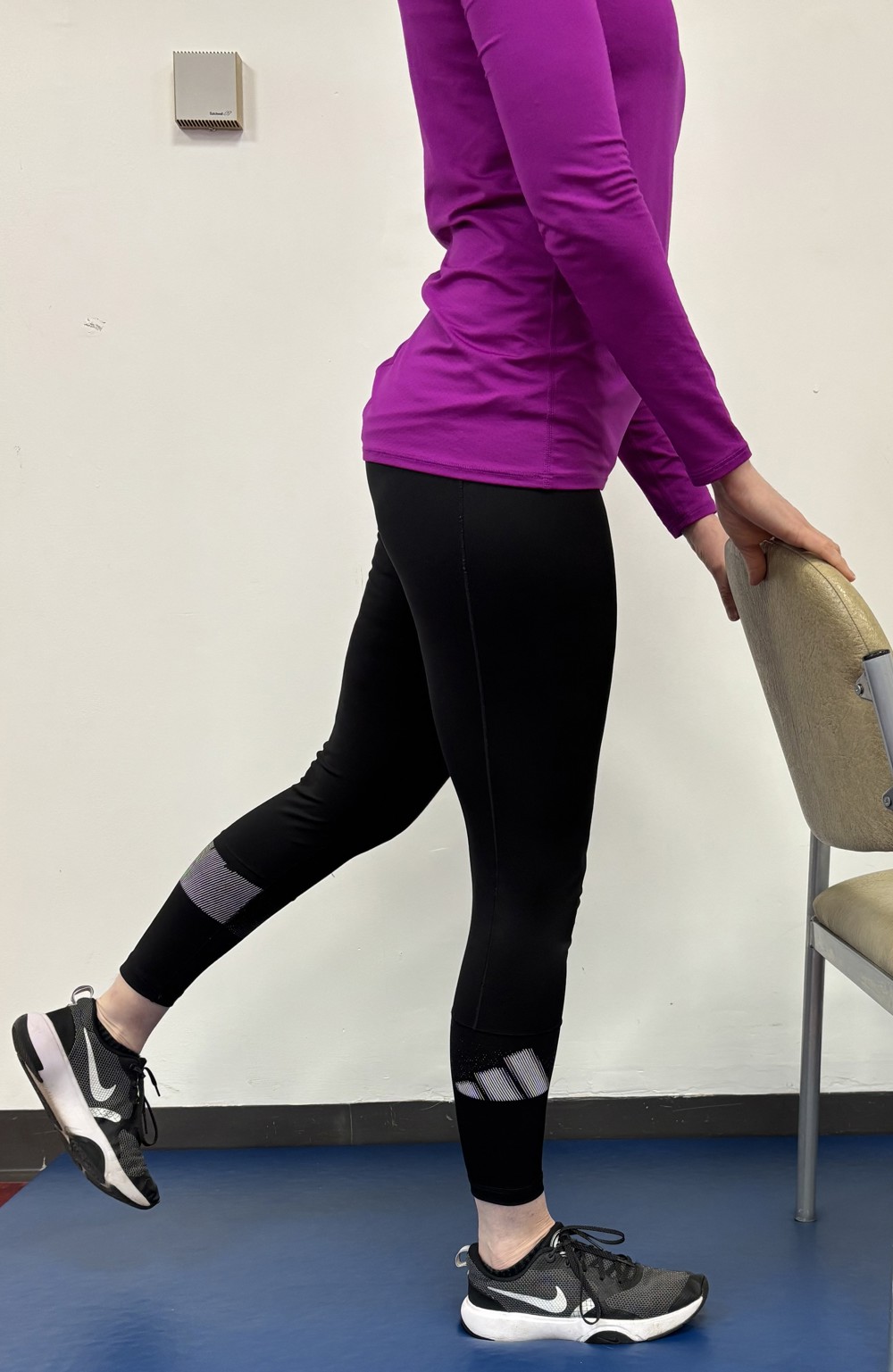
Hip extension
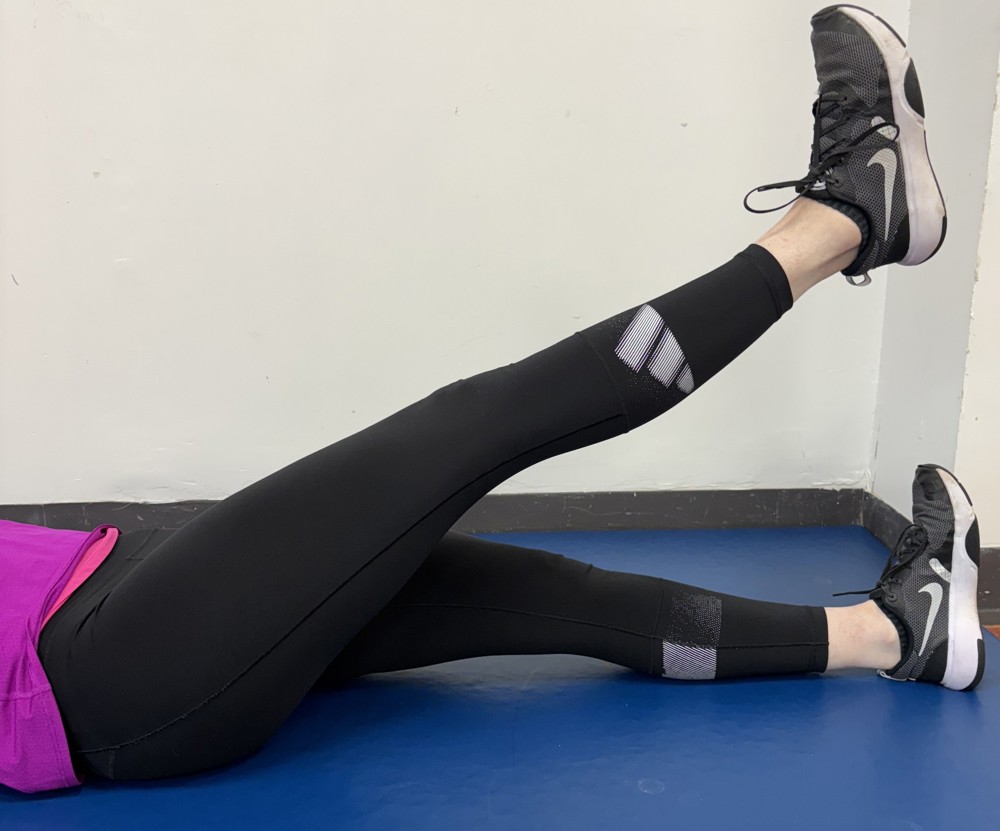
A straight knee
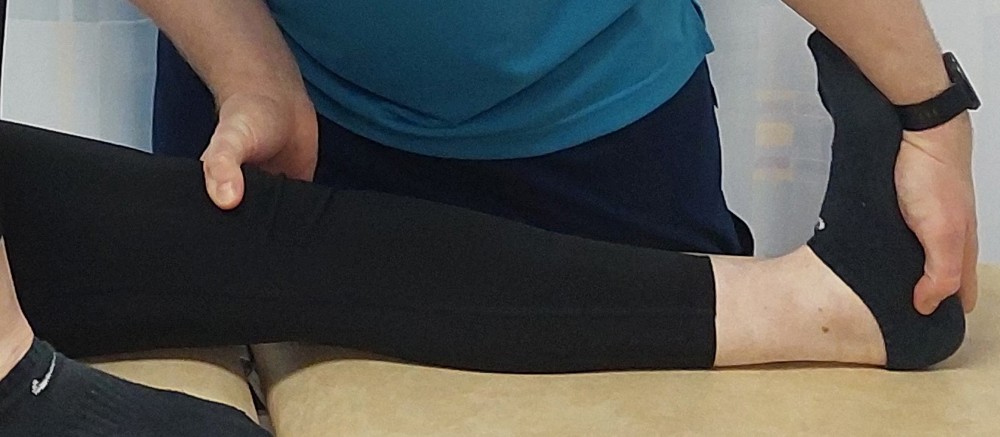
10 degrees of ankle dorsiflexion
Regular specific stretches – similar to those shown below are important and should be done on an almost daily basis for 15-20 min. Try for consistency rather than intensity.
Hip extension
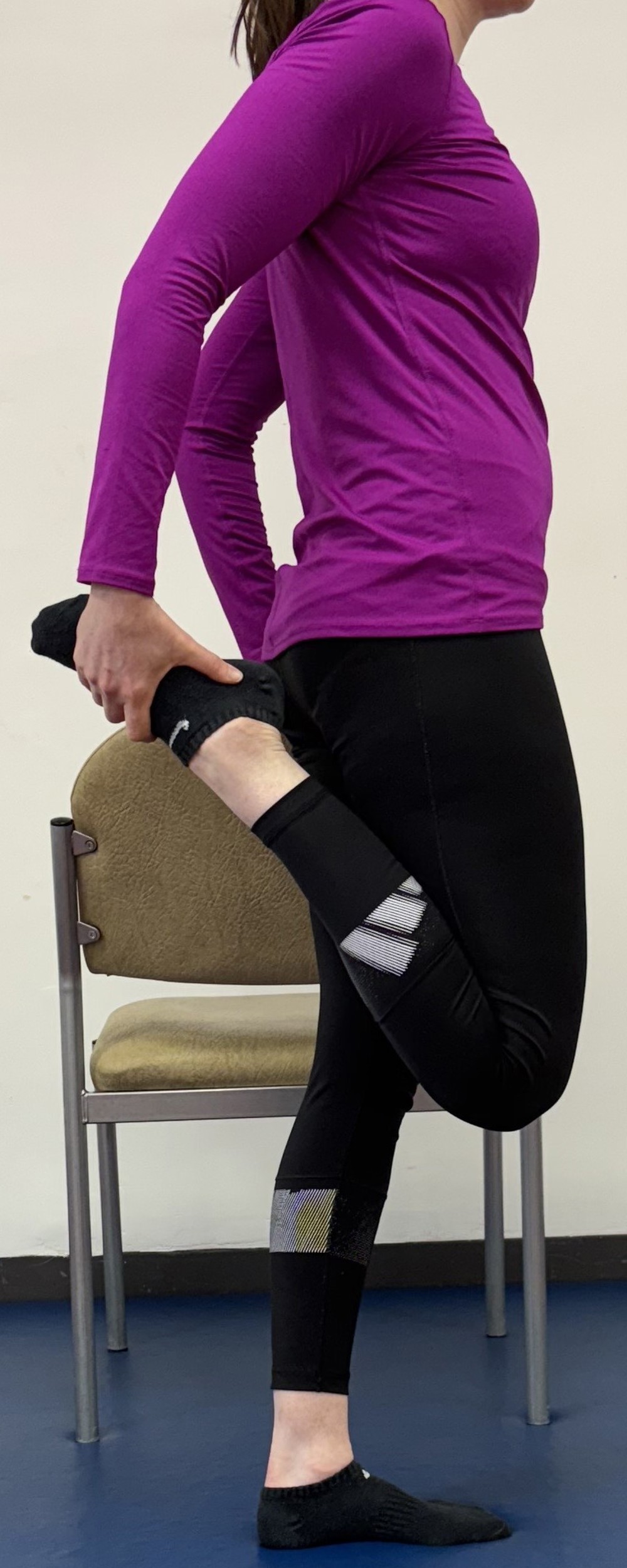

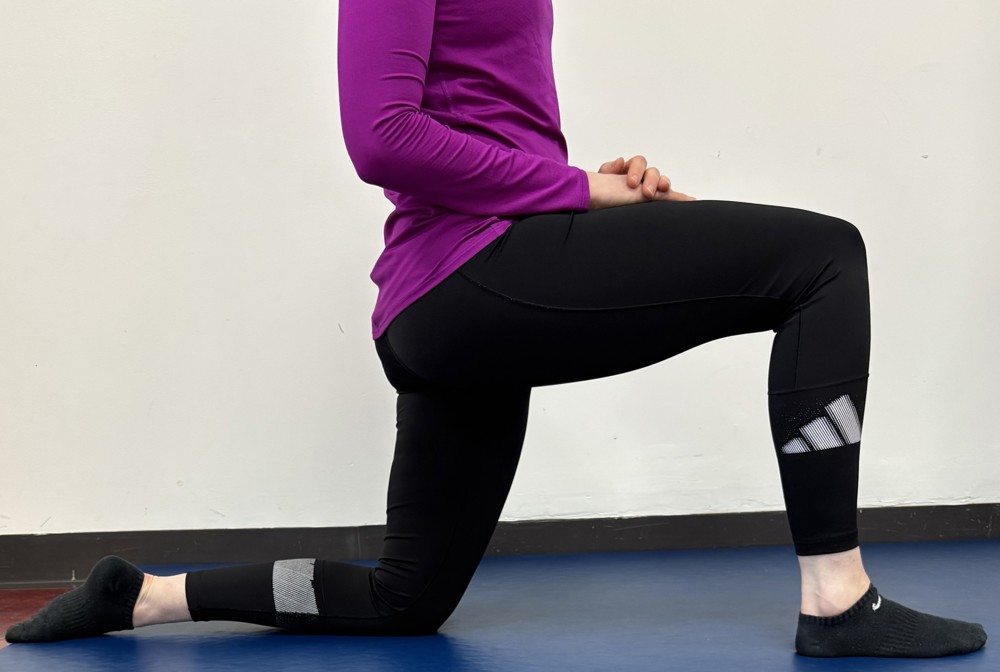
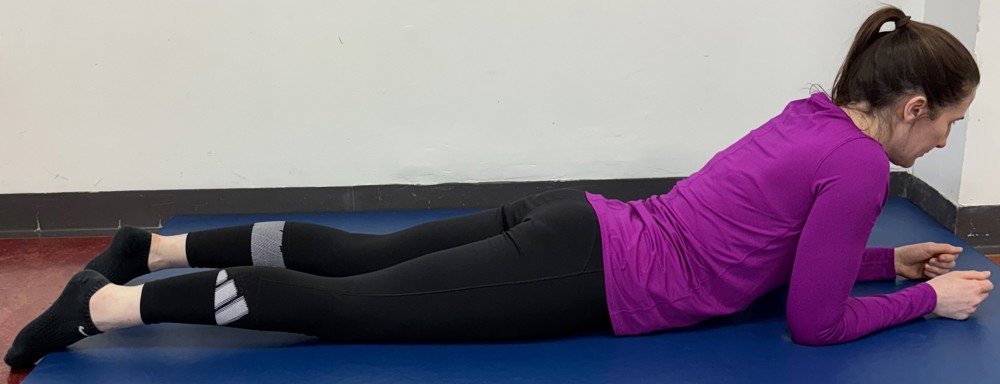
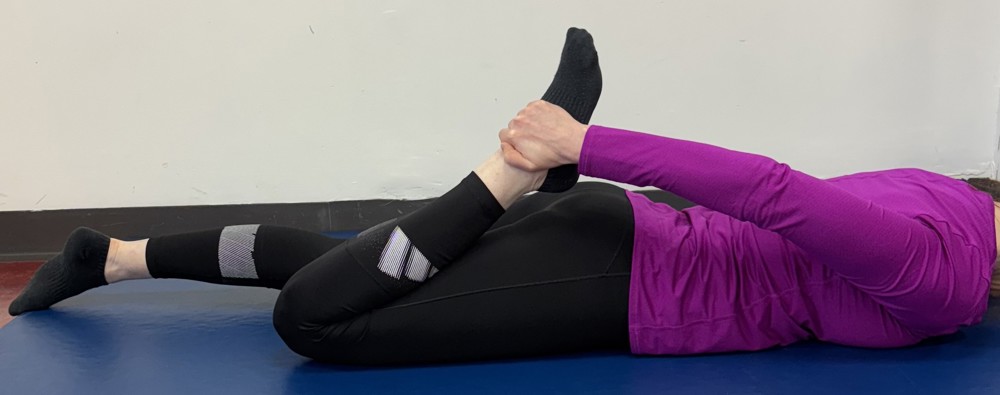
Knee extension
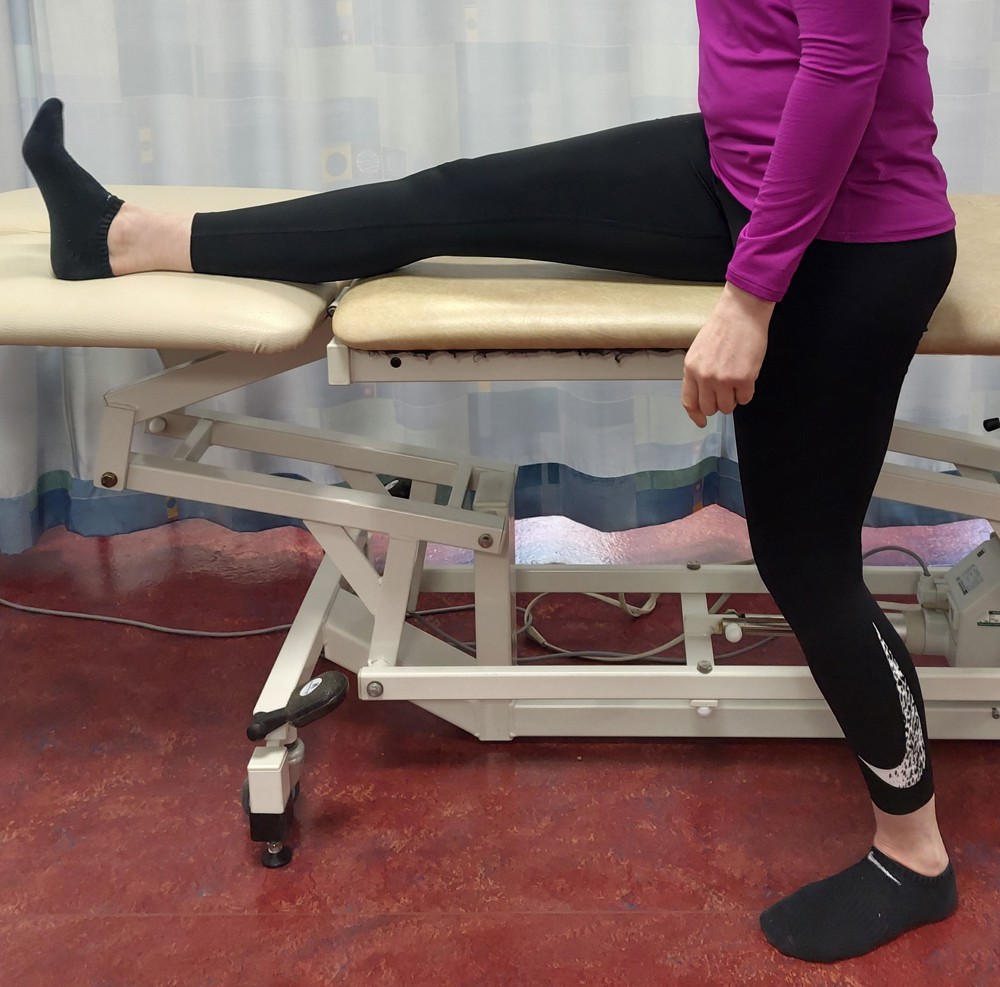
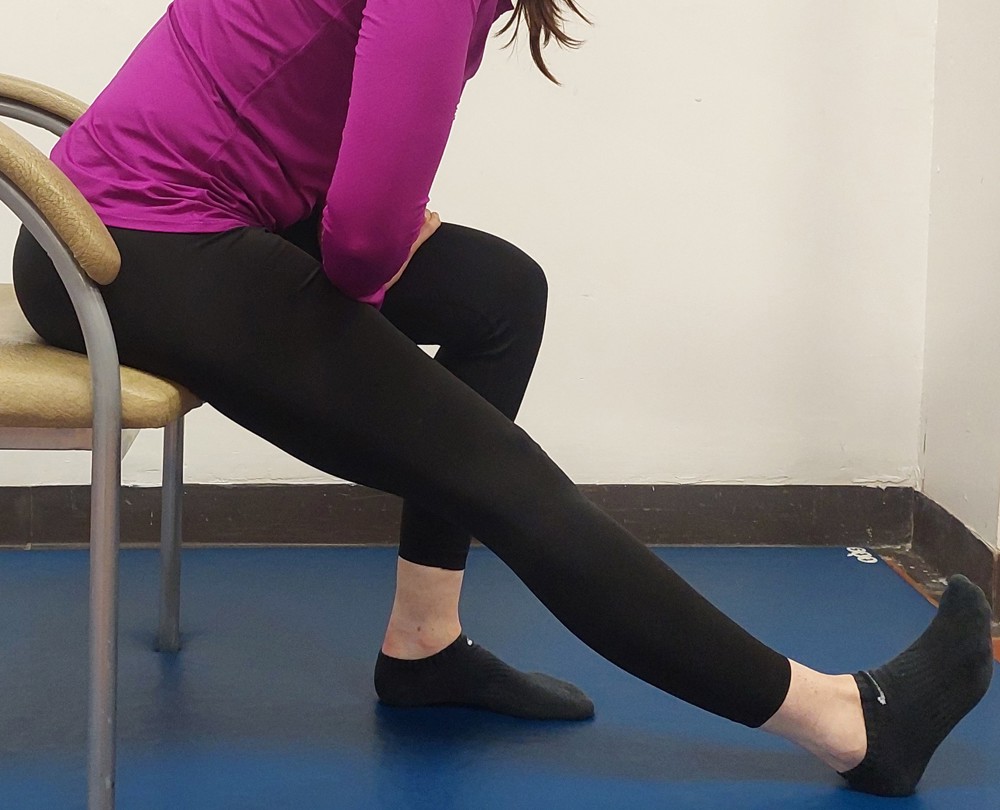
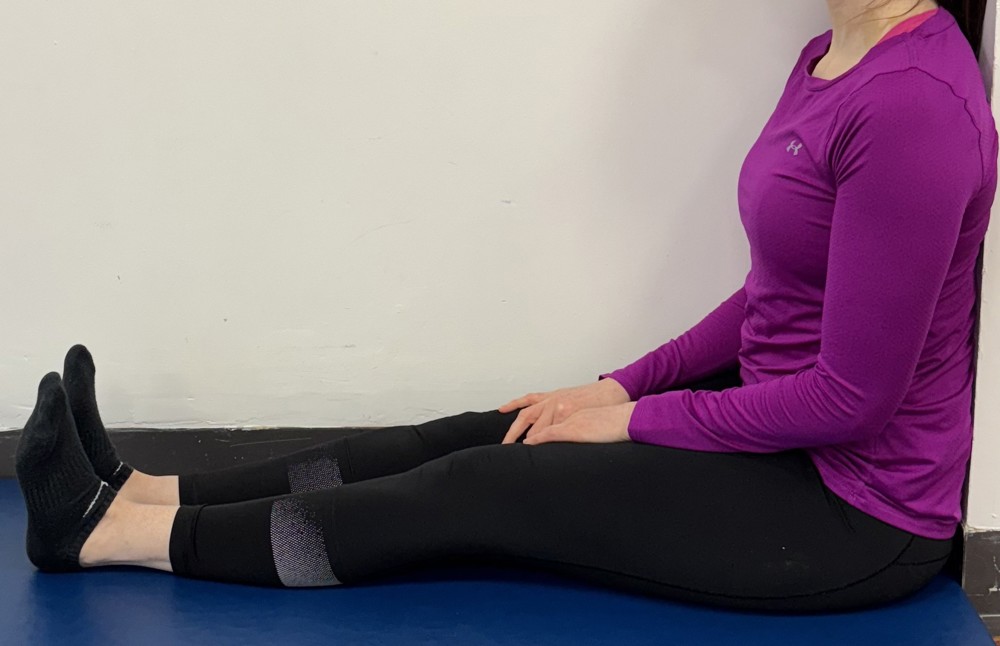
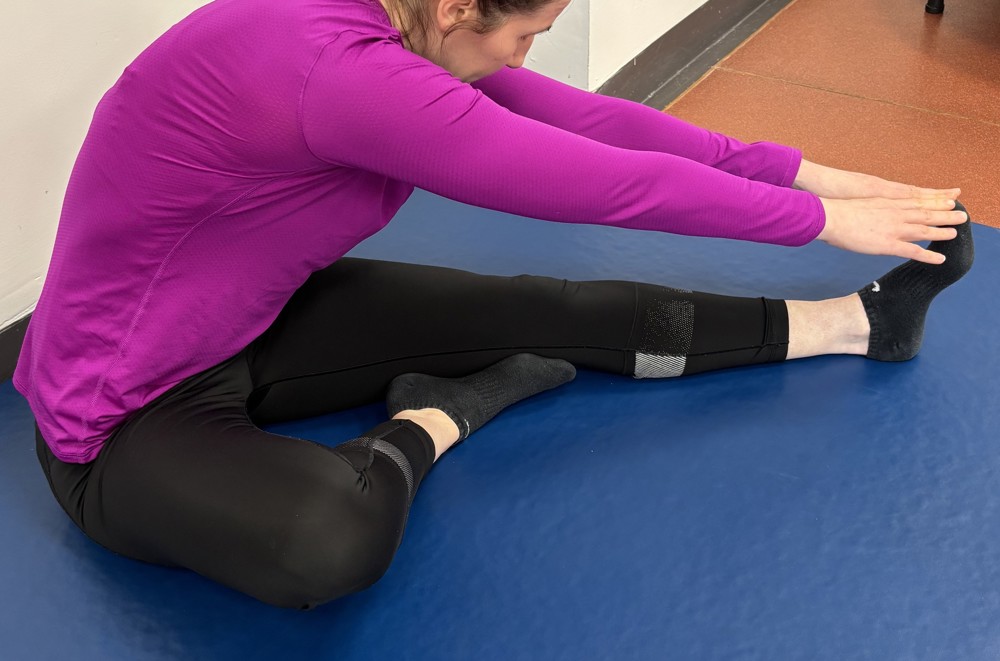
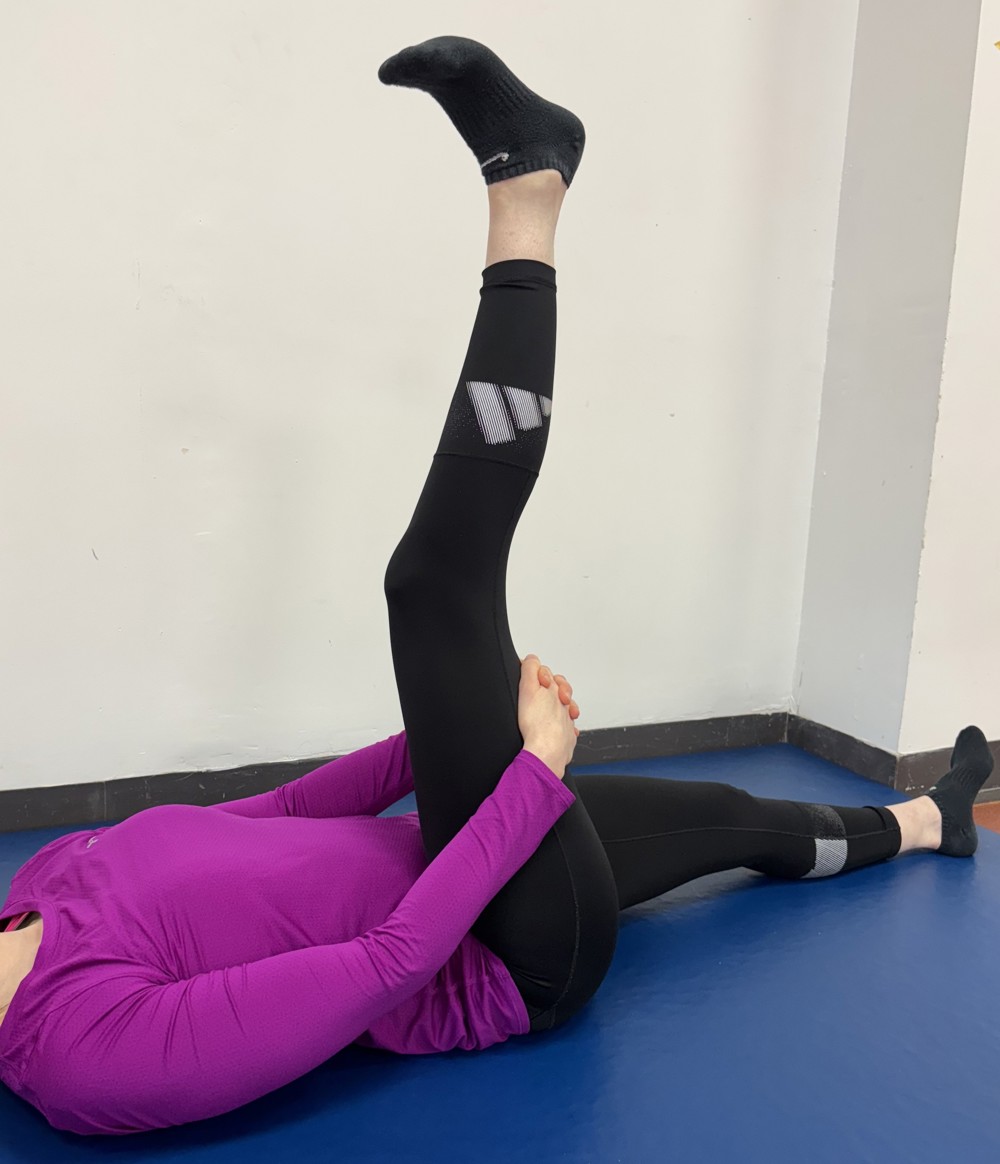

Ankle dorsiflexion
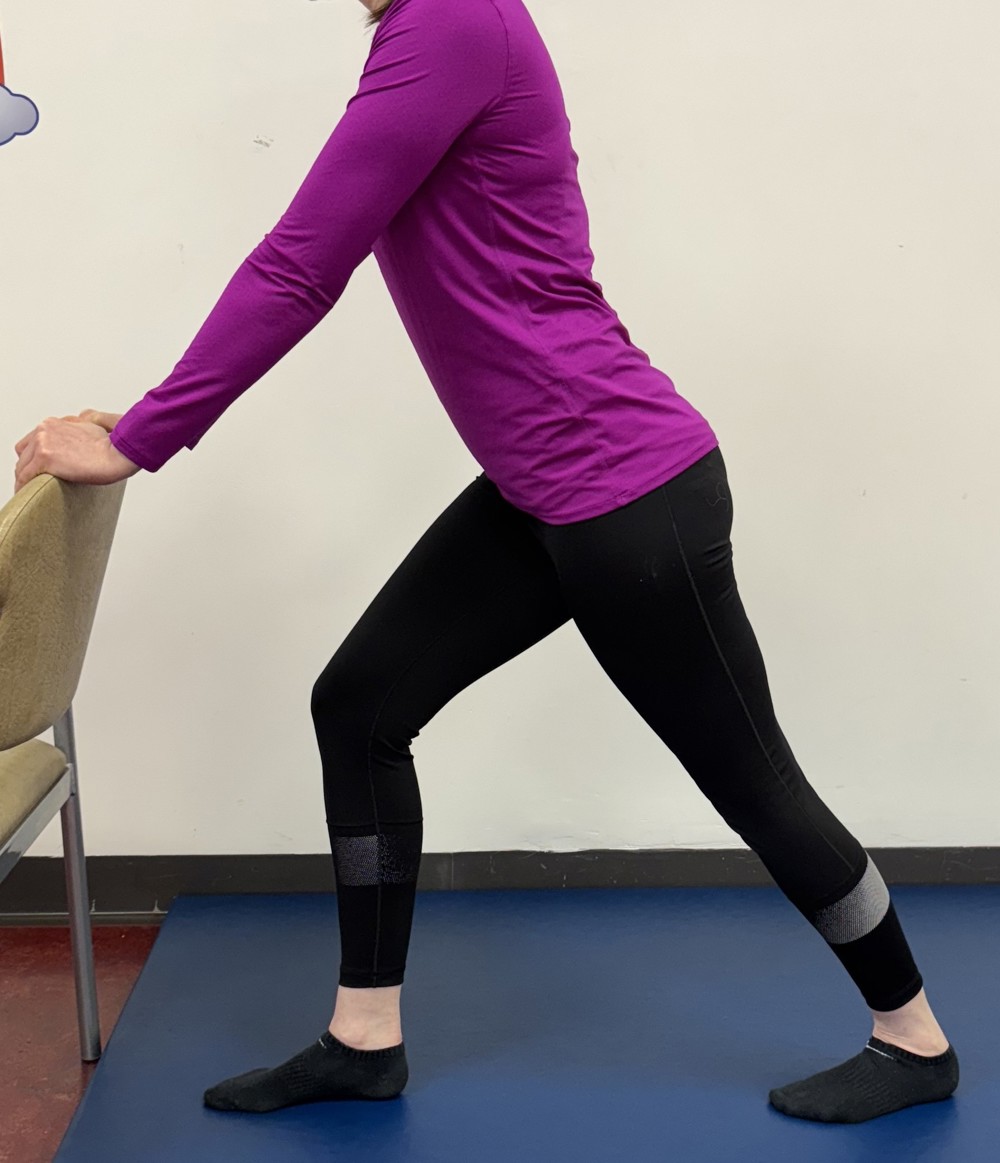
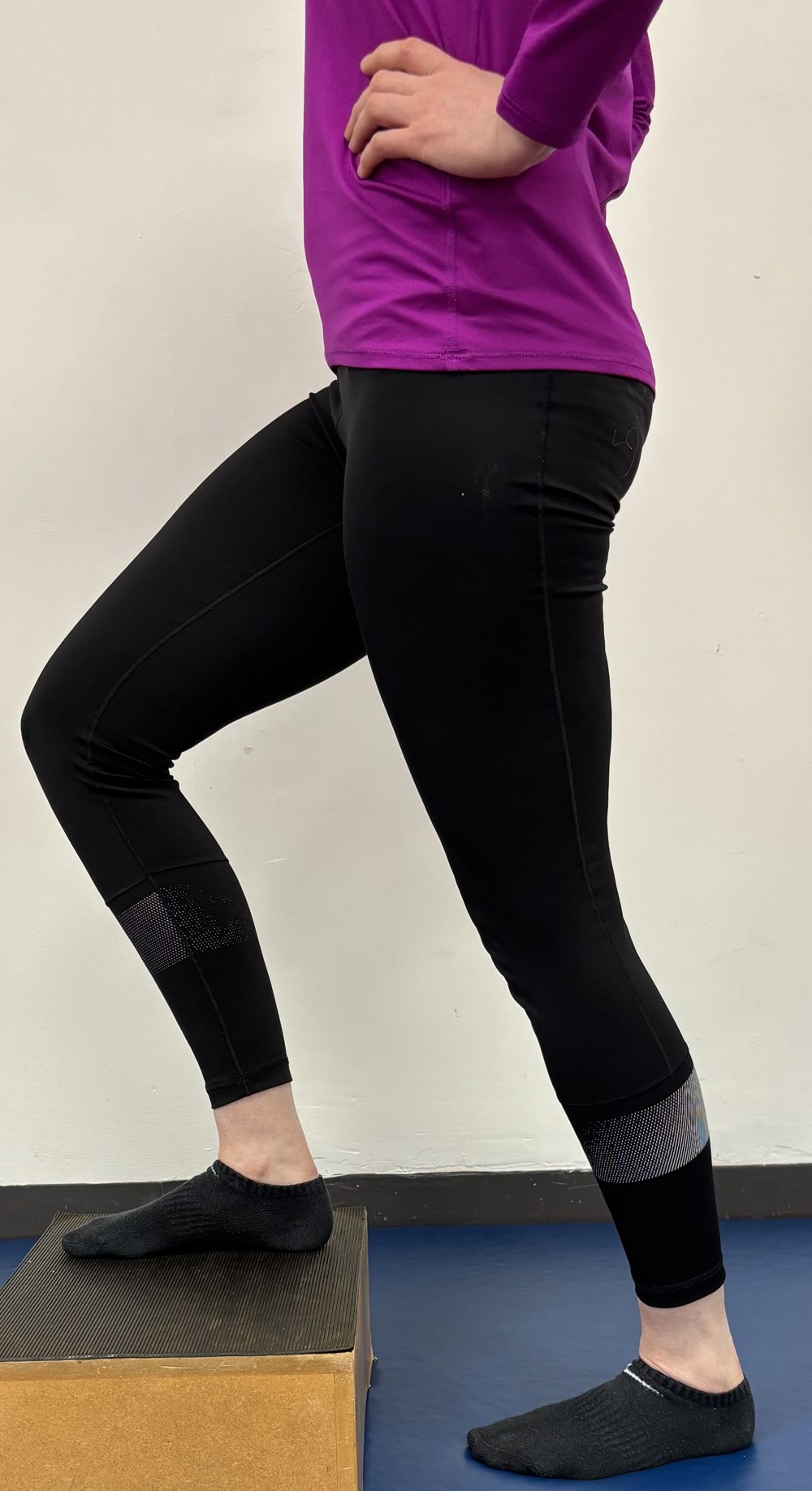
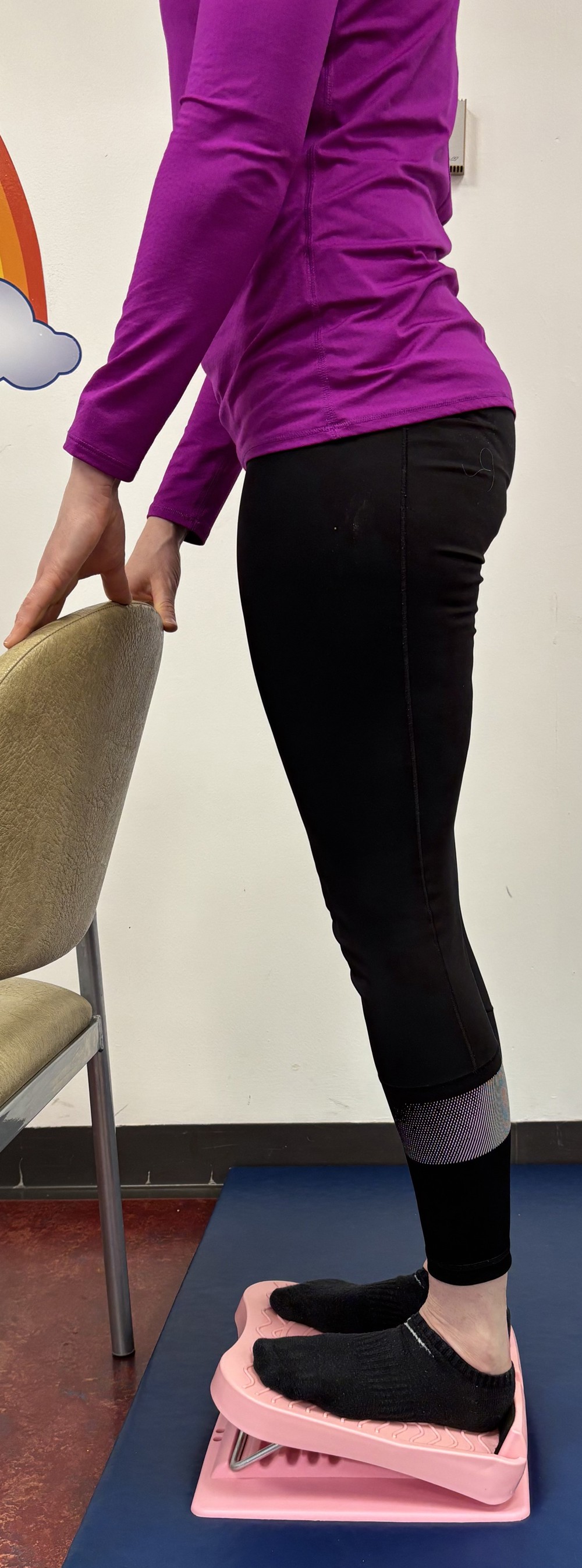
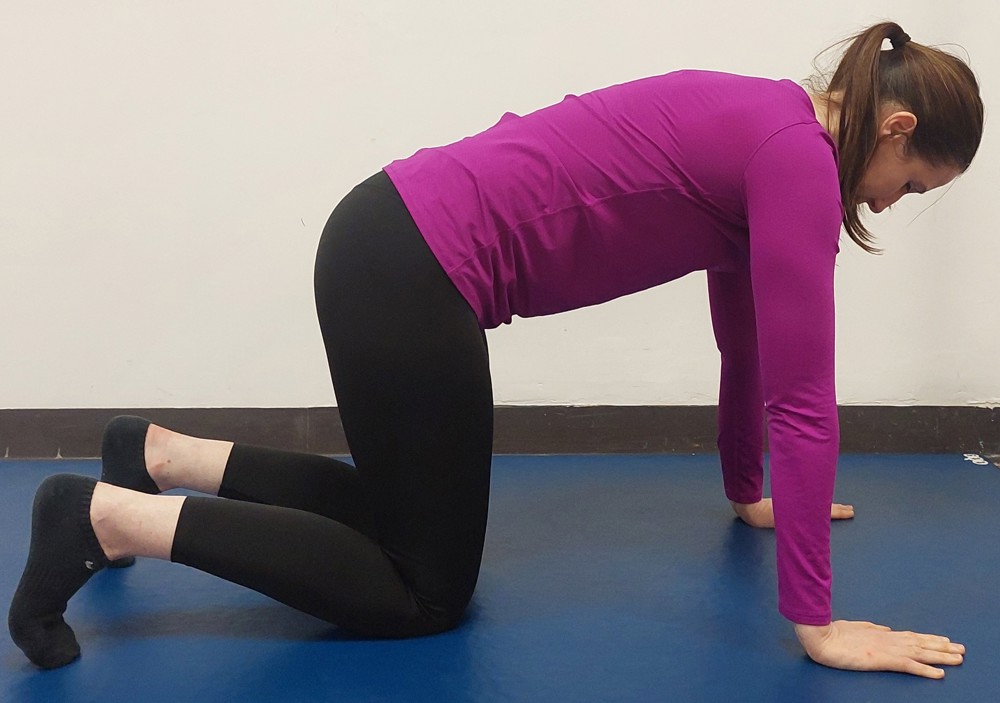

Finding a time or activity that can include these is the best way to ensure they are done regularly. Your child’s physiotherapist would be happy to help suggest options for similar exercises/activities.
Depending on the age of your child, they may need help with the position and stretch – do them together.
If you child has splints (AFOs), they will also need to wear these as much as possible. A good rule of thumb is “Splints should be on within an hour of getting up and come off an hour before going to bed.” This may be different for some children and you should discuss any questions with your child’s physiotherapist, Orthotist or Orthopaedic team.
Muscle adapt to the position they are most in. Activities for strengthening/fitness and ‘Positions of Stretch’ (playing in positions such as sitting with legs out, on tummy etc) are also very important together with active stretching.
Short muscle stays short if left in that position. Muscles that move stay longer and more flexible.
This information is designed to summarise important information. It does not replace or supersede any therapy programme you may have been given. If in doubt – please ask.
Accessible formats
If you require this information in a community language or alternative format such as Braille, audio, large print, BSL, or Easy Read, please contact the Equality and Human Rights Team at: email: fife.EqualityandHumanRights@nhs.scot or phone 01592 729130. For people with a hearing or verbal impairment you can also contact the team through the NHS Fife SMS text service number on 07805800005.





